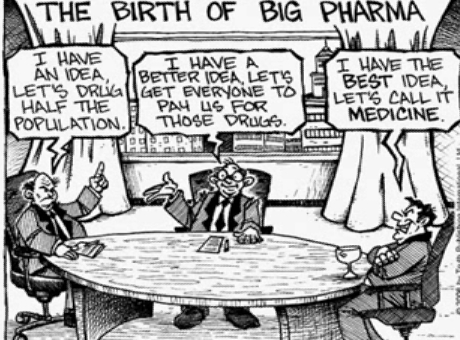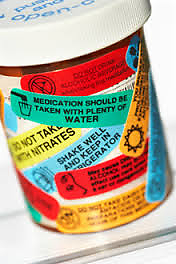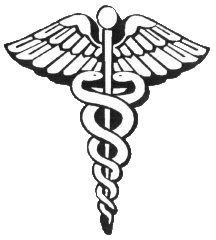
Cisplatin used to be a very popular medicine in cancer treatment. It effectively stops (tumor) cells from dividing, which would potentially result in the cancer being cured. It targets the cells that duplicate the fastest, usually tumor cells, but also others, (hair cells and mucosal cells in the digestive system) which causes its known side-effects: Hair loss and digestive problems. When Cisplatin was developed people deemed the cost of getting these side-effects was less than the benefit of treating the cancer successfully.

Cancer-treatment is known for its side-effects, because the hypothetical cost of dying rises above the cost for treatment. When this gap gets smaller, we get more critical. We wouldn’t want to lose our hair every time we pop in a painkiller to treat our headache. Or feel extremely dizzy or sleepy when taking allergy medicine. We urge pharmaceutical companies to look for safer alternatives, or we simply won’t take the medicine, or competitors could quickly develop a safer drug for our disease.
This is exactly why cisplatin USED to be popular. It’s when alternatives with less side-effects came to the market we started to reject the use of cisplatin. Newer treatments include antibody-treatments like

This illustrates the problem ‘Big Pharma’ has: With all the money in the world, it probably wouldn’t take long before cancer could be treated with a safe drug with few or no side-effects. But to regain the investment into developing such a drug, its price would be enormous. And then we turn to the Risk-Benefit Analysis of the doctor and patient: Opt for the perfect but super expensive drug, or receive a far cheaper treatment while enduring some nasty side-effects.
Pharmaceutical companies have realised switching to cheaper alternatives is more preferable, and therefore they deem their chances of returning their investment too low for the benefits it could reap. Their costs would be too high for their hypothetical benefits, which could mean saving lives. Essentially, the pharmaceutical industry chooses to preserve itself, and maintaining profit, instead of doing everything it can to aid the ‘customer’. And while it may not be ethical, it’s common business practice.
